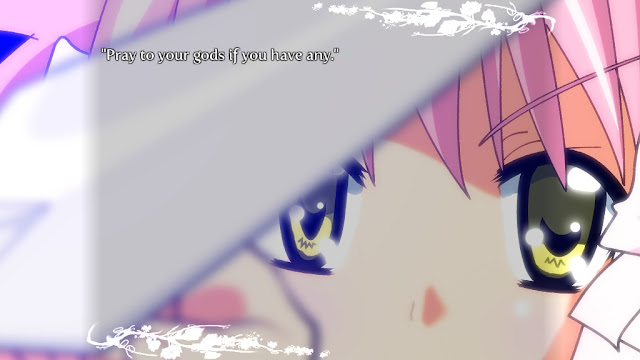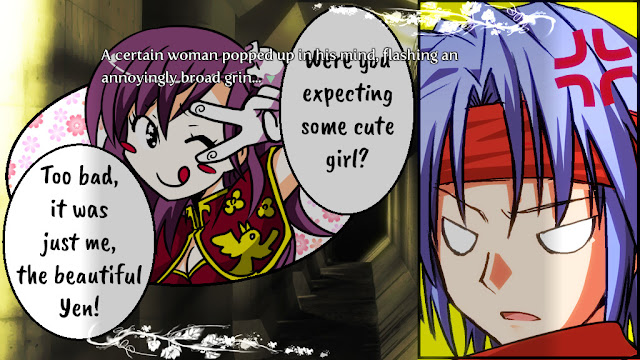The late 00’s were something of a Wild West for the shounen manga – following the charge of the “Big Three”: Naruto, One Piece and Bleach, dozens of epic narratives with grand ambitions and understandably outlandish premises popped up in serials and doujin circles across Japan. It’s hard to explain the specific appeal of these lesser-known titles: plot twists abound at rapid pace, worldbuilding happens quickly, hyper-violence and slapstick comedy might coexist in the same chapter, and at any point the narrative is liable to come to a rapid conclusion.
Yup, this is going to be a wild ride.
Also, it’s set in the present day. You see, the premise is that all the precepts of Daoist teachings – the body is a conduit for qi, and different energies come from different organs, and adept control of these functions mixed with training and wisdom can manifest in supernatural powers – all this stuff is real, but also, society has advanced to the present day. It’s assumed that those who intended to manipulate qi to become superhuman went up into the mountains for a few centuries to hone their art, while us regular humans who don’t have the patience for that nonsense just chilled in cities and eventually invented televisions. Such is the world that Ling-Ling drops into after descending from the mountains, and much of the humour comes from her trying to explain to our protagonist exactly how Dao works, while he has to explain to her the benefits of modern technology.
And then there’s the assassin’s guild, which adds a bizarre darkness to what is otherwise a buddy-buddy adventure story; Luan used to be part of a shady cabal of bloodthirsty sellswords, each of whom seems to value the taking of life more than anything else in the world. And despite the modern-day settings, these assassins tend to be proficient in melee weapons because… well I assumed because it’s cooler that way. These characters don’t make much sense but they are, if nothing else, very cool. Each time one of these assassins appears, minor characters tend to die, with the game describing their gory deaths overzealously. Each of the game’s arcs tends to involve some of these assassins, injecting some drama and stakes into the game.
Both the humour and the horror comes across through the superb animations, which are more impressive than the usual visual novel fare. Nearly every line of dialogue in the game is attached with some kind of interesting animation quirk, sometimes it’s a small flicker of facial expression or lighting, and sometimes it’s an enormous explosion punctuated by flashing lights and stylish on-screen text. The result is a game which will not sit still; there’s always something interesting to look at, and often animations will zip past before the player has even had time to process. This is mirrored by an eclectic soundtrack, containing various voiced tracks too, which zip by without the time to sink in. It’s been described by the team at Fruitbat as “like playing a SHAFT anime” – and I very much agree: rarely are visual novels an all-out assault on the senses, but here it gets pretty close.
This game is a kinetic novel – it has no choices or branching paths, and instead is more about telling a story through its visuals and sound, in addition to written text. At the moment, Jiangshi x Daoshi is divided up into a prologue and two full-length volumes. I think of these as something like an “arc” – the game even divides them into chapters about the same length as a chapter in a manga. Just like with the “Big Three” heroes’ quests to become Hokage, King of the Pirates, and whatever Bleach’s Ichigo’s character arc was, there’s an overarching theme narrative in Jiangshi x Daoshi’s volumes which run beneath the surface level antics. That being said, it’s a satisfying ride no matter how long the reader stays for. Fruitbat Factory have released the first two volumes on Steam already with the third arriving as DLC. From a production value standpoint, these are fantastic stories, but looking at the narrative, it’s deeply flawed. Nonetheless, it’s the kind of story with so much heart and energy that it’s impossible to not enjoy.
– Harvard L.
Contributor
The critic was provided a copy of this game from the publisher.










